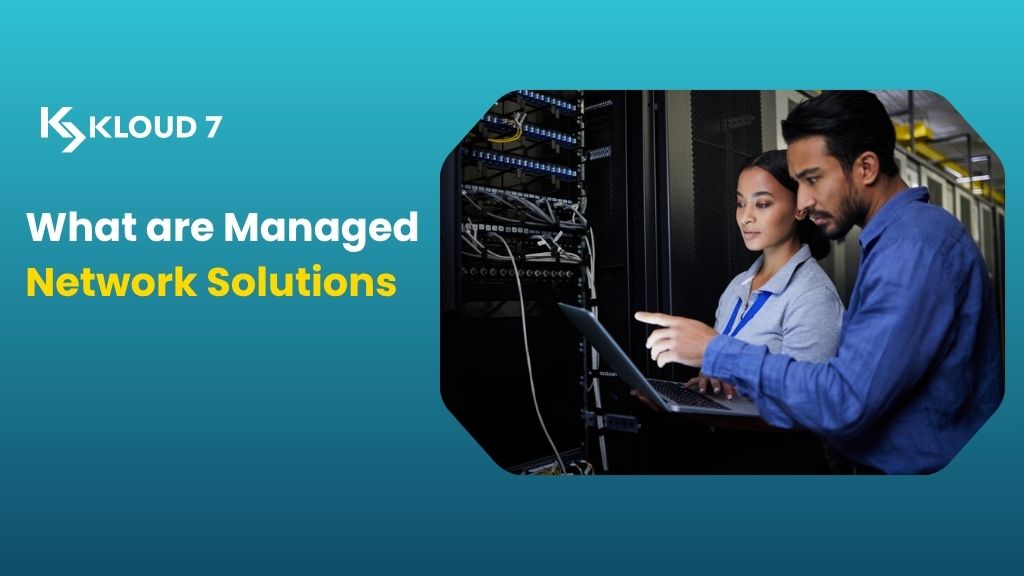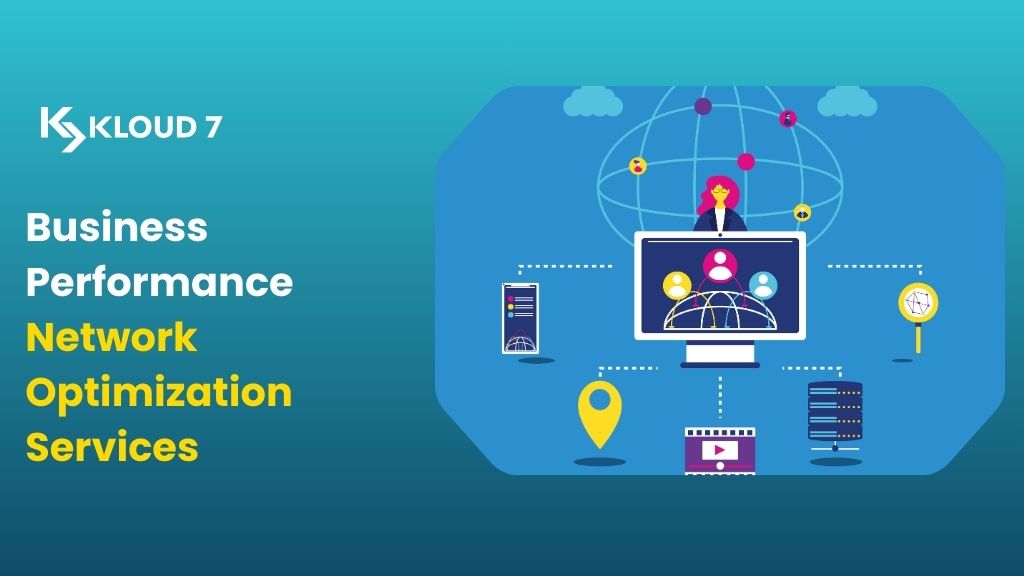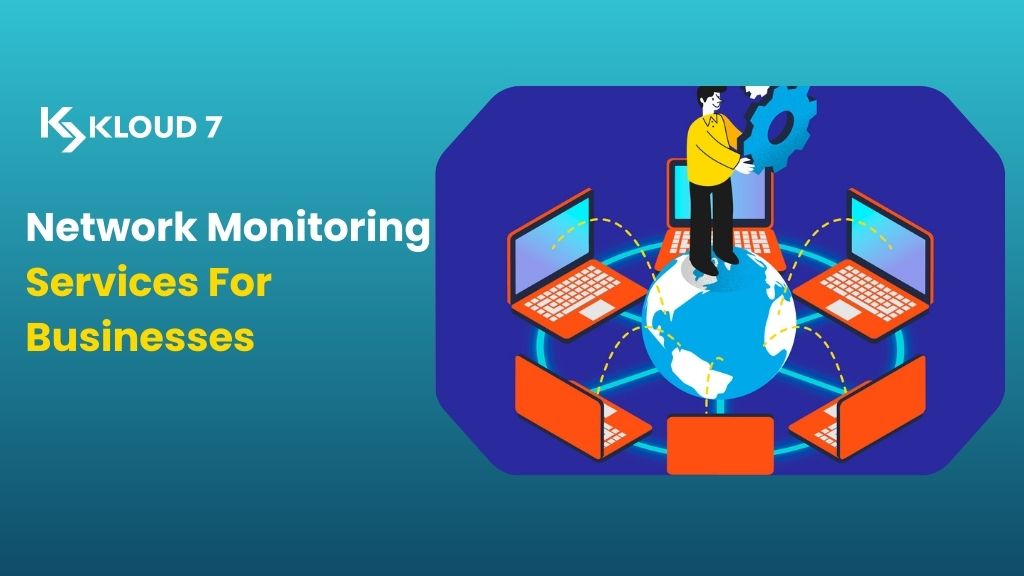A stable and secure network isn’t a fancy extra. It’s the thing that keeps everything else moving. Most businesses don’t have the time or team to handle every cable, router, firewall, or cloud connection. It’s too much, too fast, and too critical to leave to chance. That’s where managed network solutions start to make sense.
Why Businesses Rely on Managed Network Solutions
How Managed Networks Reduce Downtime
When a network goes down, everything slows to a crawl. Teams wait, customers can’t connect, transactions freeze. Managed network services, monitored systems in real time, and stepped in before small issues turned into real headaches. It’s quiet work, but it saves a lot of noise later.
Growing Complexity of Modern Networks
Networks used to be simple: a few devices, a switch, maybe a firewall. Now it’s cloud systems, remote workers, virtual private networks, multiple locations, and security threats waiting in the background. Handling all of that manually is like trying to fix a plane midair.
Core Components of Managed Network Solutions
Monitoring and Troubleshooting
Networks don’t sleep. If they break at 3 a.m., someone needs to know. Managed services bring continuous visibility. They catch performance drops, outages, or weird traffic patterns quickly, usually before the team even wakes up.
Security and Compliance
Cyberattacks don’t follow business hours. Firewalls, intrusion prevention, and compliance checks are part of the package. It’s not flashy, just quiet layers of protection.
Scalability and Performance
As a company grows, its network must expand in tandem. Managed solutions enable businesses to expand without rebuilding their entire IT infrastructure every few months.
Benefits for Small and Large Businesses
Cost Savings and Predictable Budgets
Unplanned IT costs can be painful. Managed services shift that chaos into a fixed monthly plan. No more surprise bills when a switch fails or a network crashes.
24/7 Expert Support
Even the best in-house teams can’t watch the network around the clock. A managed service provider can.
Stronger Network Resilience
Every second counts during an outage. Having someone on standby means networks recover faster or never fully go down in the first place.
Choosing the Right Managed Network Provider
What to Look for in Service Quality
A good provider won’t just hand over reports. They’ll explain what’s happening and act fast when something breaks.
The Role of Security in Managed Services
Security shouldn’t be treated like an optional add-on. It’s baked into every smart network strategy.
Long-Term Reliability vs Short-Term Fixes
Quick fixes patch problems. Solid partnerships prevent them from repeating.
How Managed Network Solutions Fit into Modern IT Strategy
Integration with Cloud Environments
Cloud services are ubiquitous, and they require stable connections to function effectively. Managed solutions keep that traffic flowing smoothly, without extra stress on internal IT.
Supporting Hybrid Work Models
With teams spread across offices, homes, and coffee shops, networks must be both flexible and secure. Managed services help maintain that balance.
If your network feels more like a daily fire drill than a stable system, it might be time to rethink how it’s managed. Managed network solutions can bring order, visibility, and security without overextending your team. Consult with a trusted provider to determine how it aligns with your business needs.
Conclusion
Managed network solutions aren’t just about outsourcing IT work. They’re about building stability, saving time, and making sure the digital backbone of a business doesn’t snap under pressure. Some companies simply want coverage at night, while others seek comprehensive network management. That flexibility is part of the appeal.
FAQs
Q: What is a managed network solution?
A: It’s a service where a third-party provider manages and monitors your business network to keep it running smoothly.
Q: Why are businesses adopting managed network services?
A: They reduce downtime, control costs, improve security, and provide expert support without building a large internal team.
Q: Can it work for hybrid and remote teams?
A: Yes, managed network solutions are built to support distributed workforces securely.
Q: How do I choose the right provider?
A: Look for reliability, strong security practices, fast response times, and clear communication.
Q: Are these services only for large organizations?
A: No. Many small and mid-sized businesses use them because they simplify network management and lower expenses.




